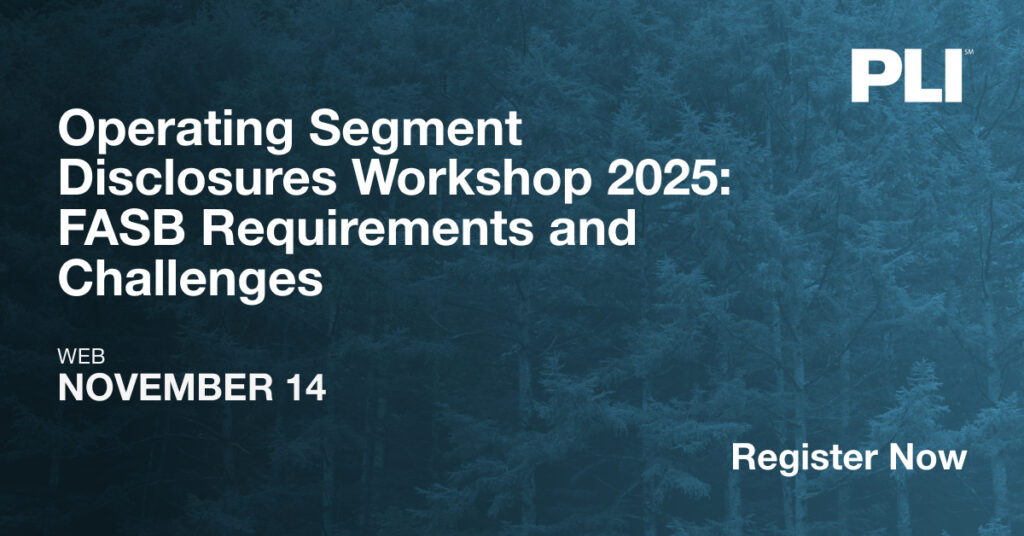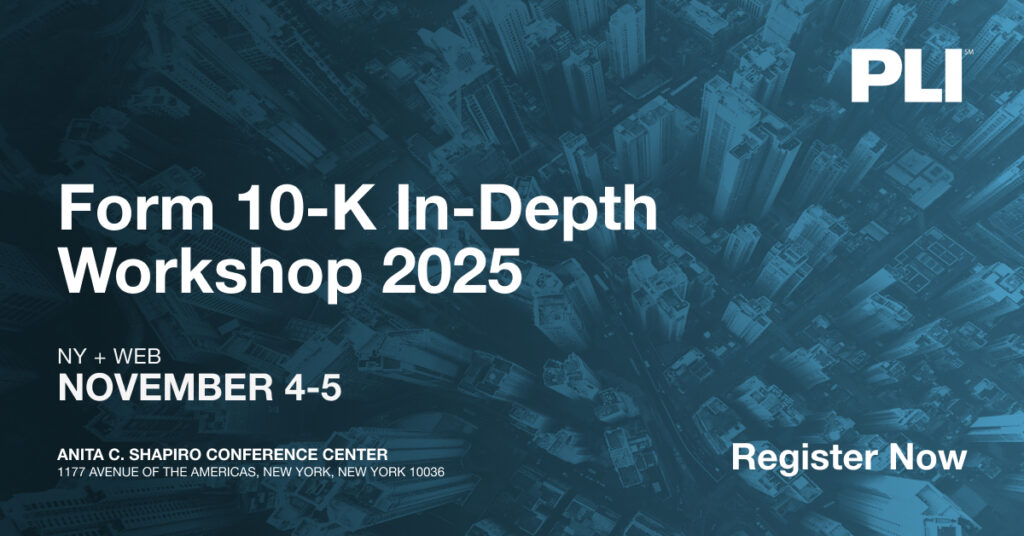On January 13, 2026, SEC Chairman Paul S. Atkins issued a Statement titled “Statement on Reforming Regulation S-K.” In his Statement Chairman Atkins notes:
“Over the past forty-plus years, that repository (Regulation S-K) has grown from the size of a gym locker to the size of an artificial-intelligence data center. Today, the disclosure that companies provide in response to the myriad requirements of Regulation S-K does not always reflect information that a reasonable investor would consider important in making an investment or voting decision.”
Chairman Atkins has instructed the Division of Corporation Finance to conduct a comprehensive review of the disclosure requirements in Regulation S-K. The roundtable addressing executive compensation disclosure was a first step in this process. The staff is now moving its focus to other Regulation S-K disclosure requirements and comments are requested by April 13, 2026.
The Statement includes information about how to submit comments electronically or in writing.
As always, your thoughts and comments are welcome.

